Christina Papagiannopoulou
A Review on Fact Extraction and VERification: The FEVER case
Oct 19, 2020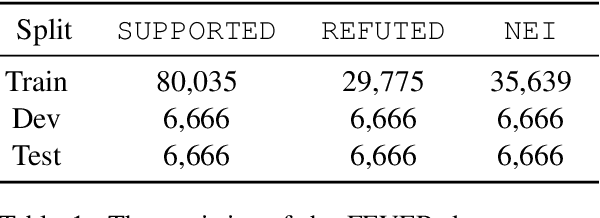

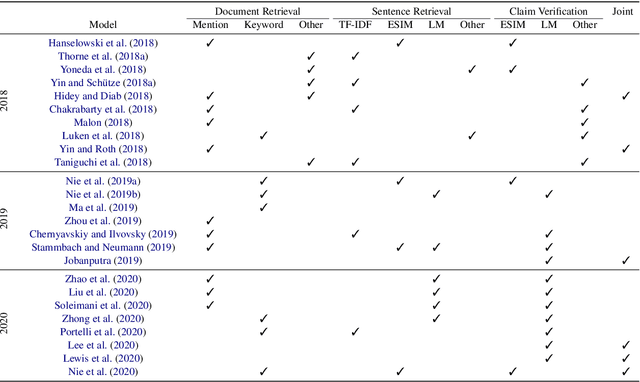

Abstract:Fact Extraction and VERification (FEVER) is a recently introduced task which aims to identify the veracity of a given claim based on Wikipedia documents. A lot of methods have been proposed to address this problem which consists of the subtasks of (i) retrieving the relevant documents (and sentences) from Wikipedia and (ii) validating whether the information in the documents supports or refutes a given claim. This task is essential since it can be the building block of applications that require a deep understanding of the language such as fake news detection and medical claim verification. In this paper, we aim to get a better understanding of the challenges in the task by presenting the literature in a structured and comprehensive way. In addition, we describe the proposed methods by analyzing the technical perspectives of the different approaches and discussing the performance results on the FEVER dataset.
Discovering and Exploiting Entailment Relationships in Multi-Label Learning
Apr 17, 2014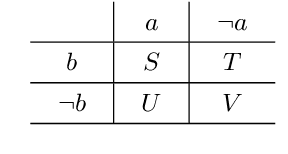
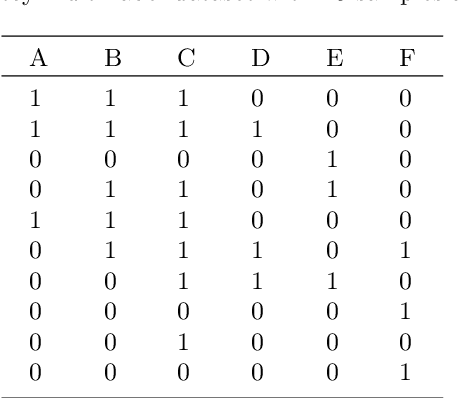
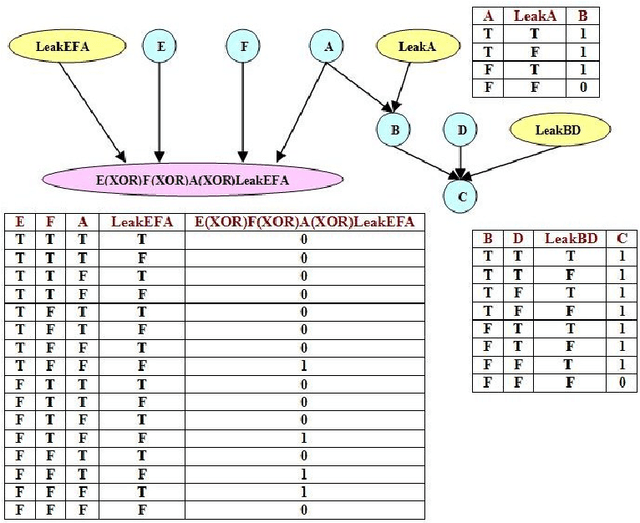

Abstract:This work presents a sound probabilistic method for enforcing adherence of the marginal probabilities of a multi-label model to automatically discovered deterministic relationships among labels. In particular we focus on discovering two kinds of relationships among the labels. The first one concerns pairwise positive entailement: pairs of labels, where the presence of one implies the presence of the other in all instances of a dataset. The second concerns exclusion: sets of labels that do not coexist in the same instances of the dataset. These relationships are represented with a Bayesian network. Marginal probabilities are entered as soft evidence in the network and adjusted through probabilistic inference. Our approach offers robust improvements in mean average precision compared to the standard binary relavance approach across all 12 datasets involved in our experiments. The discovery process helps interesting implicit knowledge to emerge, which could be useful in itself.
 Add to Chrome
Add to Chrome Add to Firefox
Add to Firefox Add to Edge
Add to Edge